
AIR TRAFFIC CONTROL: Shortages of air traffic controllers in major Australian airports delaying and cancelling flights
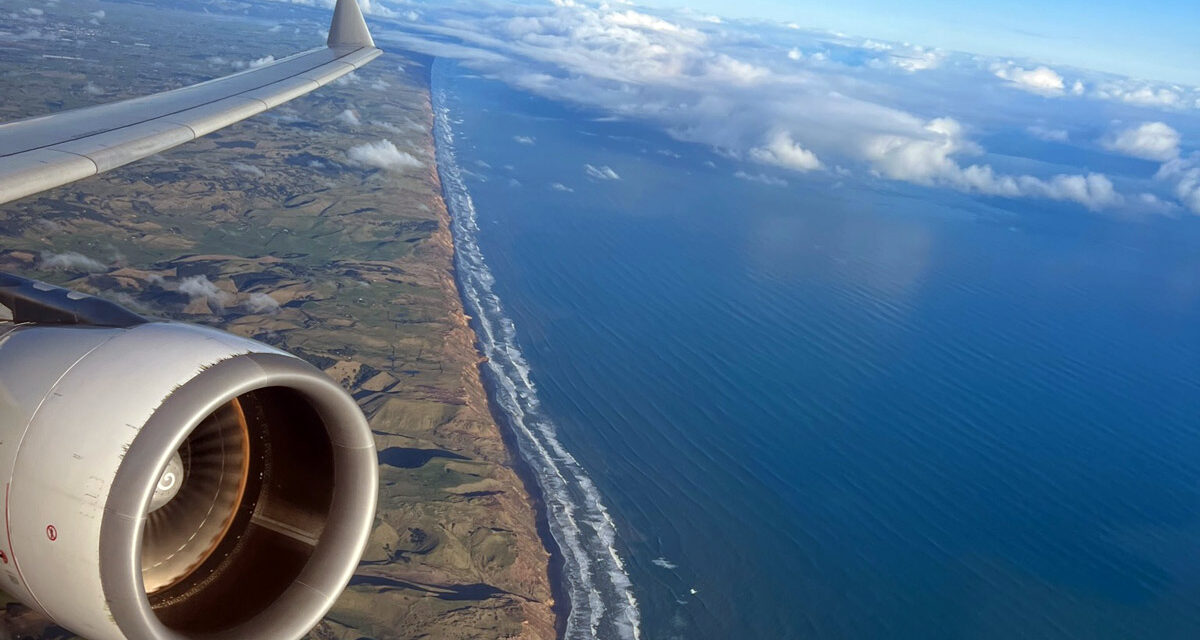
I have spent much time in the air over the last fortnight, visiting Adelaide, Auckland, Brisbane and Melbourne. At least twice I have heard Qantas Captains or First Officers announce a delay in takeoff or circling before landing due to a lack of Air Traffic Control staff.
The SMH reports today that Airlines are calling for Air Services Australia to address the issue by recruiting more staff.
‘Airservices Australia chief executive Jason Harfield said the business was dedicated to rectifying air traffic controller issues, which were responsible for close to 20 per cent of delays at the country’s four biggest airports this financial year.’
Amelia McGuire Sydney Morning Herald
This is so not good. Staffing at airlines has been blamed for many of the delay issues across the airline industry over the last few years. However, Airservices Australia has also contributed to the issues if that 20% figure is correct.
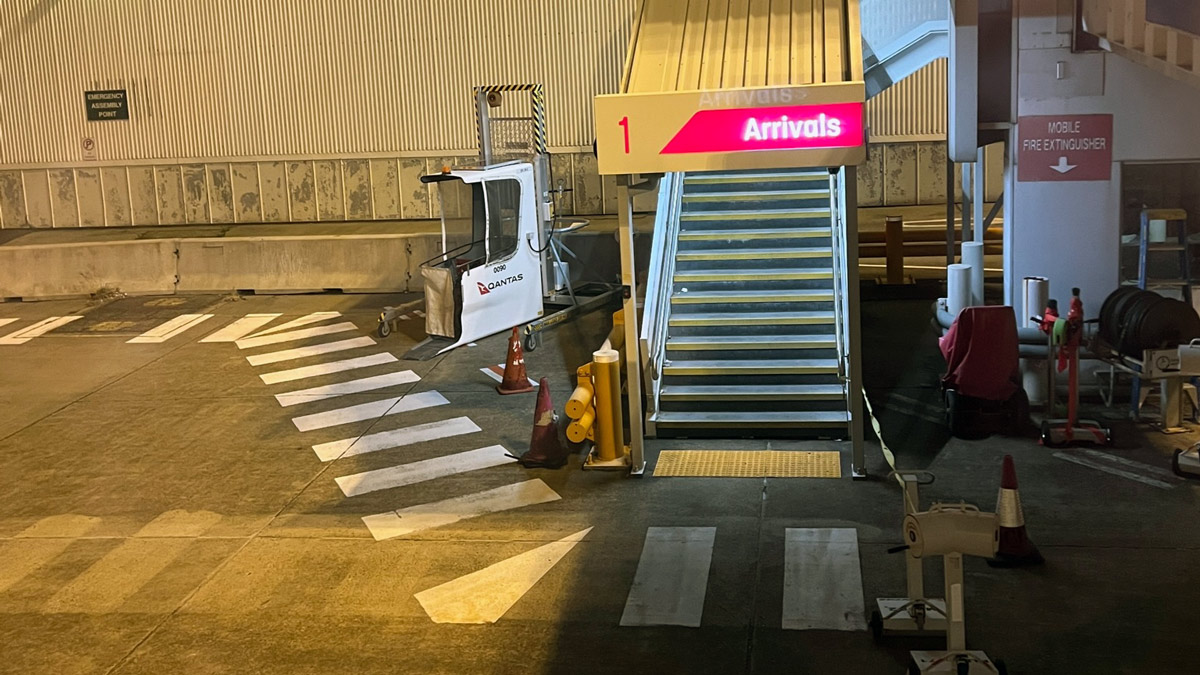
Air Traffic Controllers
Air Services Australia (ASA) provide Air traffic controllers that supervise aircraft movement in, around and between airports across Australia. Since the Pandemic, ASA has been subject to the kind of staff issues bedevilling industries affected adversely by the pandemic. Staff have taken early retirement or left the industry. The industry is notoriously stressful, as indicated by the unlimited sick leave they can take. Air traffic controllers are not made overnight, either. Training takes two to three years, and only about 3% of applicants succeed.
Statistics
The ASA publishes data about the extent of delays and cancellations at airports, including Brisbane, Melbourne, Perth and Sydney. Unfortunately, we can’t get a complete picture at other airports.s It looks like the major interruptions are happening in Brisbane and Sydney. January and June this year were particularly bad.
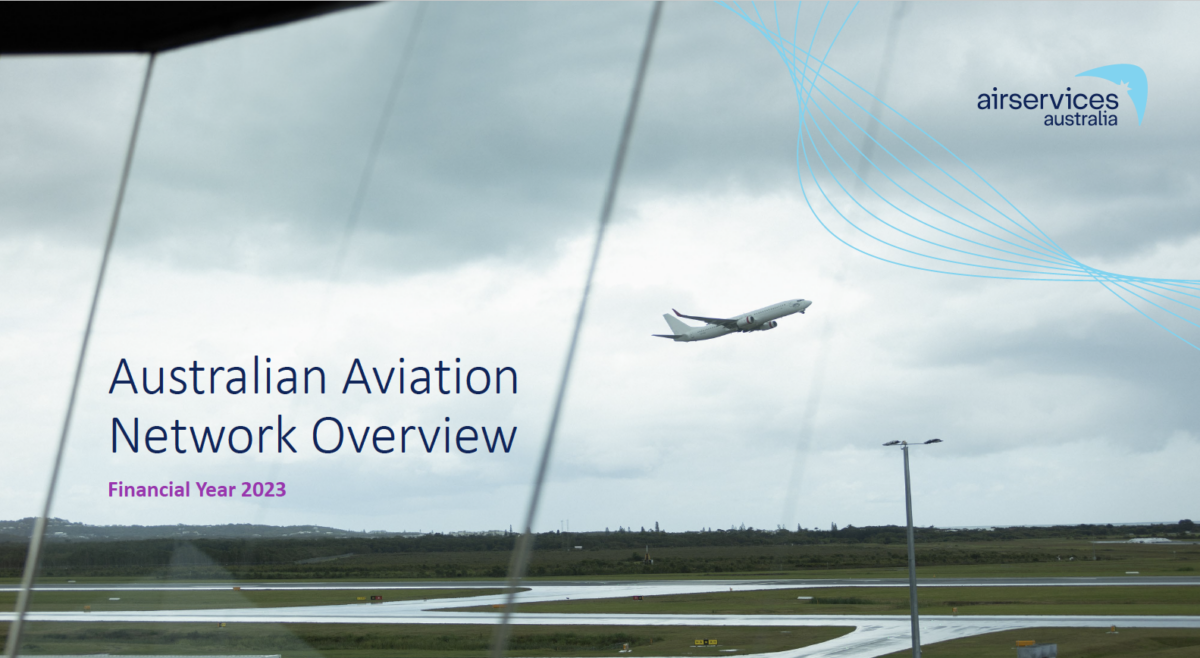
The Report
The Report makes for some interesting reading providing some remarkable factoids:
‘Globally, the busiest day in commercial aviation history was recorded on 6 July 2023. This is a significant milestone considering few industries were impacted as hard and were disrupted as significantly as aviation was during the COVID-19 pandemic.’
Australian Aviation Network Overview. Financial Year 2023
That indicates that travel is back, an observation I can confirm anecdotally if the number of Americans and other tourists travelling in London, Spain and Portugal in June/July 2023 is any indication.
‘…the overall Australian network performance in 2022-2023 (Financial Year 2023) has improved but is still below long-term average performance. This underscores the importance of increasing transparency and cross-industry collaboration to jointly review and drive enhanced network performance to deliver a more consistent experience for the travelling public.’
Australian Aviation Network Overview. Financial Year 2023
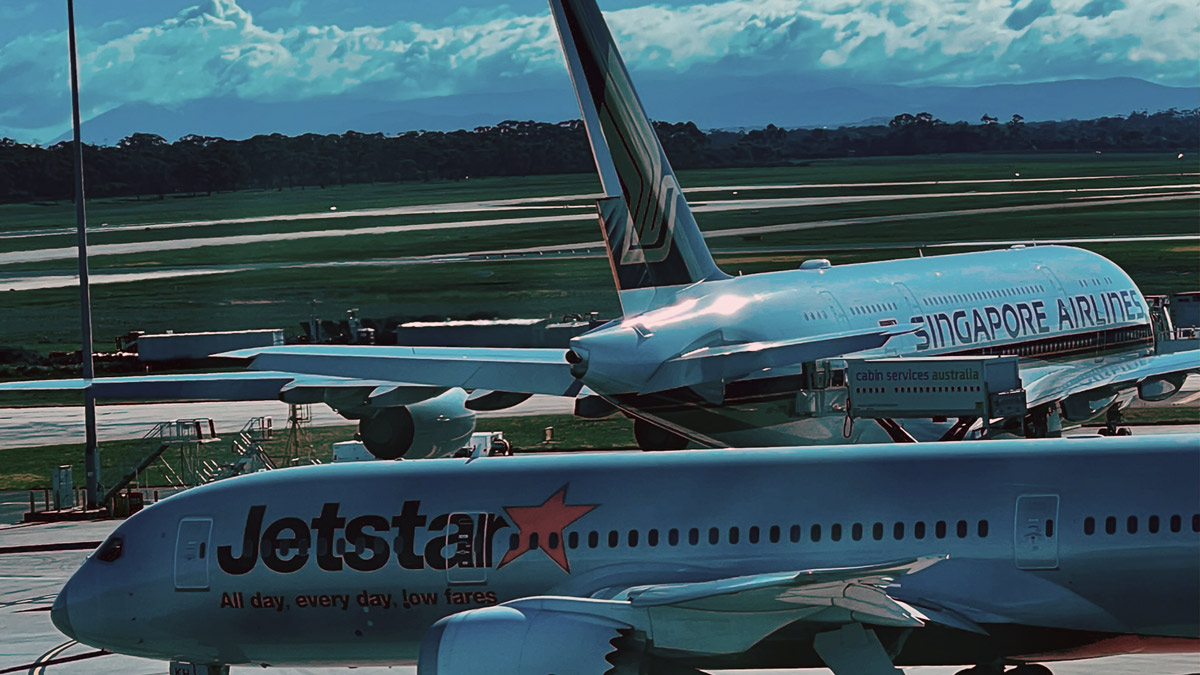
Staffing Issues
Staffing issues are not something the ASA highlights in its Executive Summary or mentions explicitly in its report. But the two major Airlines, Qantas Group and Virgin Australia, are critical of the ASA on this issue, saying that they need to ‘urgently address’ and ‘fix urgently’ the staffing issue.
Virgin had to cancel 79 flights during the school holiday peak period between June 29 and July 1 due to ASA issues. According to the SMH article, Qantas had more than 100 delays and 10 flight cancellations in one-day during June due to airspace over Brisbane being closed because of a shortfall in the number of air traffic controllers.
ASA appears to have been unwilling to admit the shortfall in staff, blaming absenteeism instead. That attitude is changing.
ASA is training 50 controllers; another 80 should complete training next year. There is a global shortage of controllers, so let’s hope the ASA can keep hold of its new trainees.
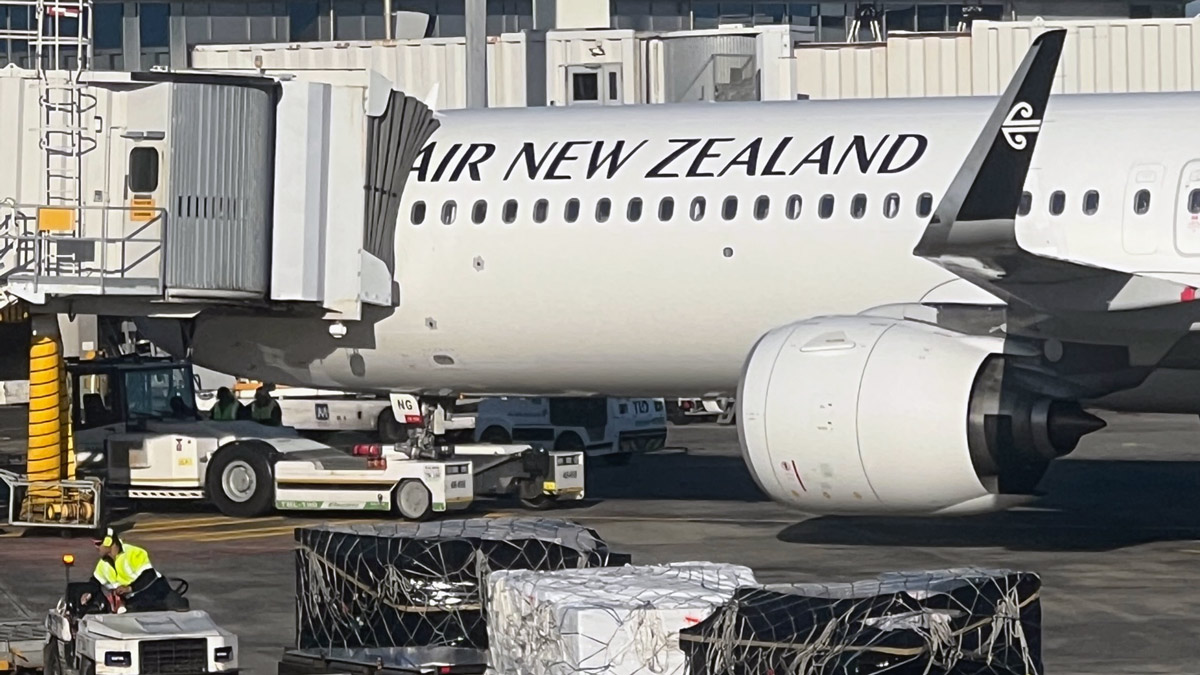
2PAXfly Takeout
The problem with ASA staffing has been known for a long time, so it’s good to see that it is acknowledged and addressed. To widen the scope of this area of delays and cancellations: sometimes it is difficult to lay the blame for these events on one cause. Sometimes it’s due to multiple events. A delay in baggage loading, followed by a tech hold-up, then a missed slot, and then a controller shortage delaying flight approval etc etc. Solving the shortage of air traffic controllers will not be a panacea to solving delays and cancellations, but it will help.
Credit for Feature image to 2A/2PAXfly











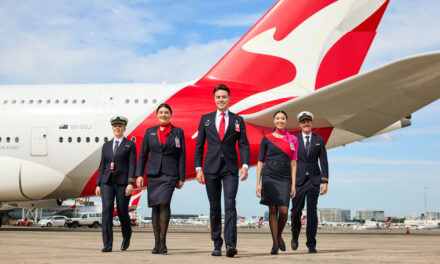
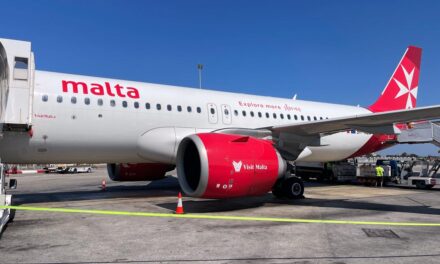





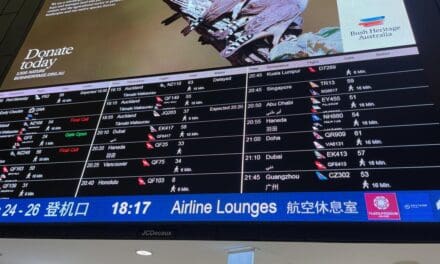
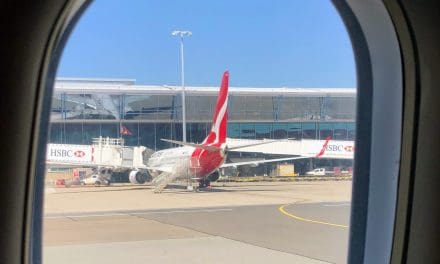
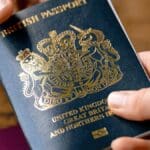



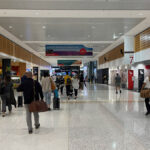

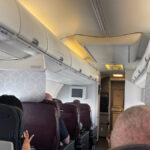

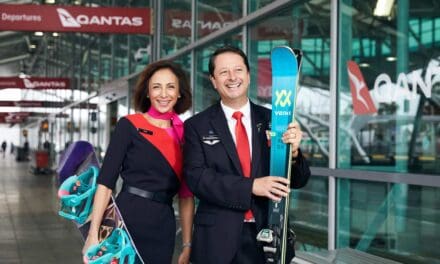





What did you say?